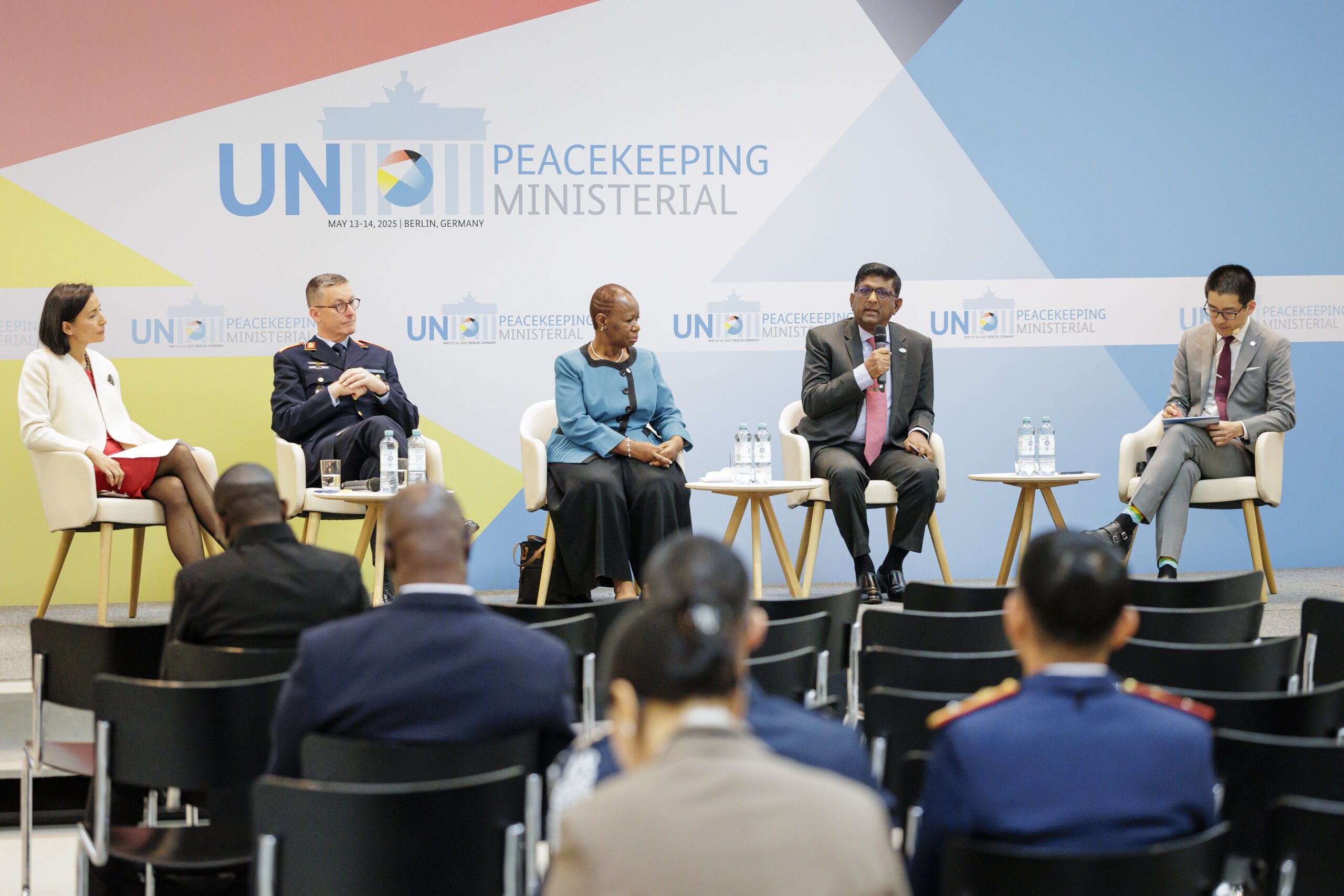

Array
(
[thumbnail] => https://s42831.pcdn.co/wp-content/uploads/2022/09/hero-fpo-150x150.jpg.optimal.jpg
[thumbnail-width] => 150
[thumbnail-height] => 150
[medium] => https://s42831.pcdn.co/wp-content/uploads/2022/09/hero-fpo-300x150.jpg.optimal.jpg
[medium-width] => 300
[medium-height] => 150
[medium_large] => https://s42831.pcdn.co/wp-content/uploads/2022/09/hero-fpo-768x384.jpg.optimal.jpg
[medium_large-width] => 768
[medium_large-height] => 384
[large] => https://s42831.pcdn.co/wp-content/uploads/2022/09/hero-fpo.jpg.optimal.jpg
[large-width] => 1000
[large-height] => 500
[1536x1536] => https://s42831.pcdn.co/wp-content/uploads/2022/09/hero-fpo.jpg.optimal.jpg
[1536x1536-width] => 1000
[1536x1536-height] => 500
[2048x2048] => https://s42831.pcdn.co/wp-content/uploads/2022/09/hero-fpo.jpg.optimal.jpg
[2048x2048-width] => 1000
[2048x2048-height] => 500
[gform-image-choice-sm] => https://s42831.pcdn.co/wp-content/uploads/2022/09/hero-fpo.jpg.optimal.jpg
[gform-image-choice-sm-width] => 300
[gform-image-choice-sm-height] => 150
[gform-image-choice-md] => https://s42831.pcdn.co/wp-content/uploads/2022/09/hero-fpo.jpg.optimal.jpg
[gform-image-choice-md-width] => 400
[gform-image-choice-md-height] => 200
[gform-image-choice-lg] => https://s42831.pcdn.co/wp-content/uploads/2022/09/hero-fpo.jpg.optimal.jpg
[gform-image-choice-lg-width] => 600
[gform-image-choice-lg-height] => 300
)
Global Peace Operations Review
Spotlight: Collaboration is essential for effective peacebuilding
A new joint project on peacebuilding responses in Africa will analyse the comparative advantages of African peacebuilding actors, such as bilateral, subregional and regional organisations, and how these can support national actors.
‘Given their vast experience, support from African countries, and others in the global south, could be crucial for peacebuilding,’ says Amanda Lucey, Senior Researcher at the Institute for Security Studies (ISS). ‘Many of these countries have gone through similar processes and may better understand regional dynamics – but they need to work better together.’
Peacebuilding policies and activities by the United Nations, African Union, Regional Economic Communities and bilateral actors often run in parallel, duplicate, or even compete with one another, making peacebuilding less effective. The project will help build coherence taking into account the role of underlying political interests.
Funded by the Carnegie Corporation of New York (CCNY) and the Norwegian Ministry of Foreign Affairs, the project will be implemented by the ISS, the Peace Research Institute Oslo (PRIO) and the Centre on International Cooperation (CIC) in New York. Partners bring complementary qualities to the project. The ISS contributes research skills, practical policy advice and access to contacts in the field. PRIO has academic and research expertise and the CIC will engage with UN actors, especially the UN Peacebuilding Commission, to ensure the project’s relevance in these circles.
The project is especially relevant now. By critically examining the role of politics and underlying national interests in peacebuilding, it responds directly to a recommendation of last year’s UN peacekeeping review on ‘the primacy of politics’ and avoiding one-size-fits-all solutions. Both the UN’s peacekeeping and peacebuilding reviews, as well as the 2030 Sustainable Development Agenda and the World Humanitarian Summit, underscored the need for international support for local and national plans, and enhancing partnerships with African actors.
‘Successful peacebuilding is dependent on all stakeholders understanding the root causes of conflict and implementing key peacebuilding recommendations,’ said Ambassador Edith Ssempala, a member of the UN peacebuilding review’s Advisory Group of Experts. Speaking at the first project advisory panel meeting on 4 October, she said the project could offer important perspectives at a critical time.
The project will focus on case studies in Liberia and South Sudan. To understand how African actors engage in peacebuilding, the role of the Economic Community of West African States, the Intergovernmental Authority on Development, and the governments of Nigeria and South Africa will also be examined. The case studies are timely. The UN mission in Liberia is wrapping up and elections are due to be held in 2017. In South Sudan, the UN has approved the mandate for a more robust peacekeeping force.
The consortium team is currently undertaking field research in Liberia and preliminary results are expected in late 2016. The project complements the ISS’ other work to strengthen peacebuilding policy and responses in Africa.
This article was originally published by the Institute for Security Studies | Africa on November 9, 2016
Amanda Lucey is a Senior Researcher in the Peace Operations and Peacebuilding Division of ISS Pretoria
More Resources
-

-

Reflections on the 2025 Peacekeeping Ministerial
Eugene Chen
Stay Connected
Subscribe to our newsletter and receive regular updates on our latest events, analysis, and resources.
"*" indicates required fields


